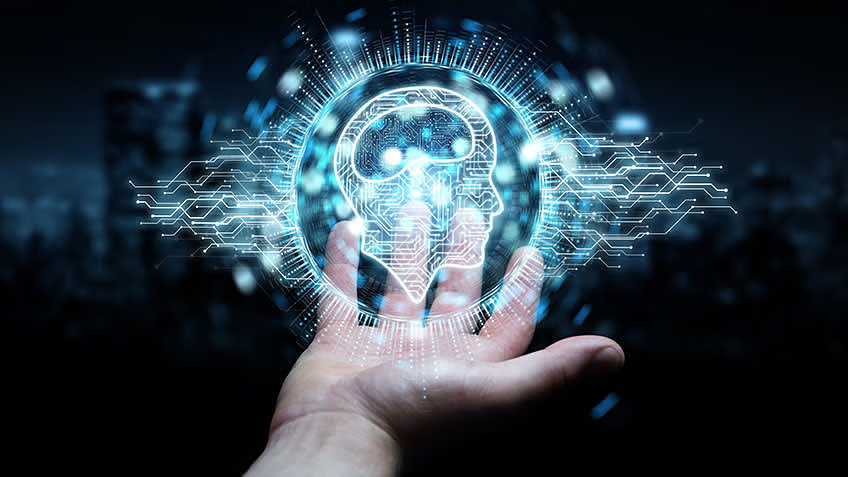From morning routines to healthcare advancements, artificial intelligence (AI) is rapidly transforming everyday life. Imagine a home where your appliances communicate to optimize energy use and your health is monitored by predictive devices. AI’s integration into daily activities is revolutionizing how we live, work, and interact.
Enhanced security systems, personalized shopping, and intelligent traffic management are just a few examples of its profound impact. As AI technologies continue to evolve, staying informed about the most reliable AI tools can provide valuable insights. These advancements promise to reshape every aspect of our lives, bringing unprecedented efficiency and excitement to our future.
AI in Personal Life
Smart homes and personal assistants like Siri, Alexa, and Google Assistant are becoming integral to our daily routines. They manage household tasks, provide information, and enhance convenience.
In healthcare, AI offers personalized health insights through wearable devices and mobile apps, predicting health issues and suggesting lifestyle changes. Entertainment platforms like Netflix and Spotify utilize AI to recommend content based on user preferences, making leisure activities more personalized and engaging.
AI in the Workplace
AI tools are revolutionizing the workplace by automating repetitive tasks, thus allowing employees to focus on strategic and creative work. AI-driven software aids in scheduling, email management, and content creation, enhancing overall productivity.
In decision-making, AI analyzes vast amounts of data, providing insights that help businesses make informed decisions and predict market trends. The finance sector benefits significantly from AI in areas such as fraud detection, risk management, and algorithmic trading.
Societal Impacts of AI
AI offers numerous benefits, including increased efficiency, convenience, and the creation of new opportunities. However, it also presents challenges like privacy concerns, job displacement, and ethical issues.
As AI systems collect and analyze extensive personal data, robust data protection measures and ethical guidelines are necessary to prevent misuse.
The potential for job displacement due to automation highlights the need for reskilling and upskilling the workforce to adapt to new roles created by AI advancements.
The Future Outlook
AI technology continues to evolve rapidly, with advancements in natural language processing, machine learning, and the integration of AI with technologies like blockchain and quantum computing.
These developments promise more powerful and versatile AI applications. Future predictions include smarter cities with AI-driven infrastructure, personalized educational systems, and predictive healthcare.
Preparing for an AI-driven future requires continuous learning and fostering a culture of innovation and adaptability.
Conclusion
The future of AI in everyday life is a blend of opportunities and challenges. As we embrace this technology, it is essential to navigate its complexities with a balanced approach, ensuring that its benefits are widely shared while mitigating potential risks.
From enhancing daily routines to revolutionizing industries, AI’s impact is profound and far-reaching. By fostering a culture of ethical AI development and continuous learning, we can harness its potential to create a better, more connected world.




